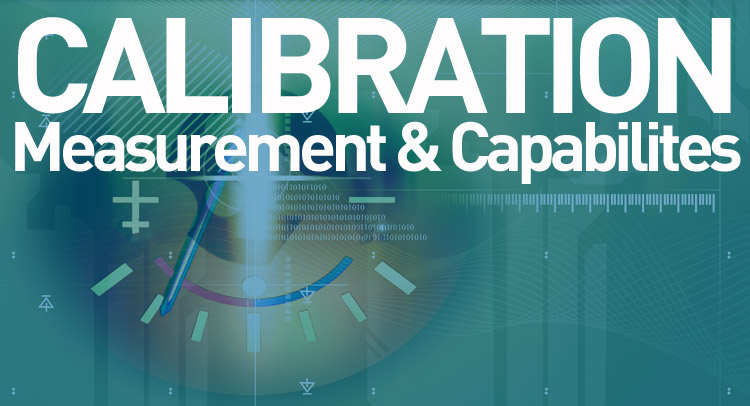Dave K. Banerjea is president and CEO of CyberMetrics Corp., developer and worldwide distributor of GAGEtrak calibration management, FaciliWorks CMMS maintenance management, and SUPPLIERtrak supplier quality assurance software.
The goal of MSA is to provide assurance and documentation that your organization’s calibration management is able to produce unbiased results as well as low gauge variability (i.e., minimum uncertainty) in comparison to process variation and tolerances.
Spreadsheets can handle most of the MSA techniques in popular use; they represent a low-cost solution for organizations such as small shops that rarely do MSA studies, or a problem-solving team that wants to do a gauge repeatability and reproducibility (GR&R) study before collecting data on a problem. The team might prefer the spreadsheet approach instead of taking the data to another department that has dedicated software for analysis. Templates for GR&R spreadsheets are available online at low cost or for free. For other types of MSA studies, such as bias, linearity, stability, and most attribute gauge studies, templates are hard to find, and you’d probably need to create your own.

Hi. Fantastic job. I did not anticipate this. This is a great story. If you find same same related blog or Contact Management Software just visit today.
ReplyDelete